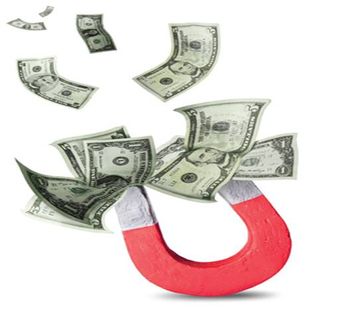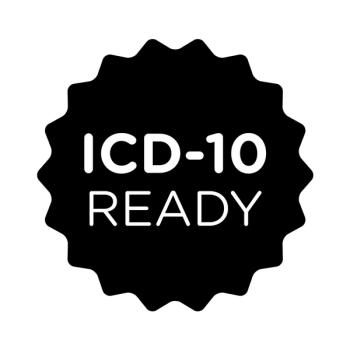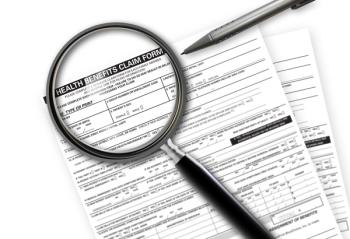
Common asset protection mistakes plague medical professionals, such as do it yourself strategies that lack any real defensive basis in the law.

Common asset protection mistakes plague medical professionals, such as do it yourself strategies that lack any real defensive basis in the law.

Physicians have many sources of exposure that require proactive risk management and asset protection planning. Remember, never act too late.

Confused over how PAs get reimbursed in the healthcare system? Here are a few guidelines to help you out.

With the new year underway, now is the time to zero in on what areas of your practice can be improved. Here are five areas you should consider.

If you are weighing whether or not to take Social Security early or wait it out, here are a few considerations that you should have.

Don’t bring bad habits into 2016. In the New Year, identify the risks and solutions needed to make your practice financially better off.

You can check on patients and correct errors by regularly looking at their data, but you can’t do the same with investments.

Here are three best practices for large practices that need to increase billing efficiency and keep the revenue flowing.

How can you make sure your money keeps working for you in retirement? Here are some strategies for investment in the latter years of your life.

How much of an effect did the ICD-10 coding change have on claims processing? RemitDATA presents this quiz on Oct. 2015 claims information.

If you think you can just outsource revenue cycle management and walk away, think again. Here are five tips to ensuring a successful partnership.

While many practices are reining in expenses, it may make sense to outsource revenue cycle management as a way to improve your bottom line.

Here are some tips to effectively help your elderly parents with their finances, including getting them the right health insurance.

The ICD-10 transition will continue into the next year for practices. Here are some tips you’ll need to take in 2016.

How can you reduce taxes if you run a practice? Funding a retirement plan with pretax dollars, an HSA, and more can get you started

Even if you haven’t seen an uptick in denials, the ICD-10 transition could affect your bottom line. Here are some ways to ensure that doesn’t happen.

Practice owners should be leery of potential financial fraud, which seems to peak at the end of the year. Here are some things to look out for.

The 2015 Physician Compensation Survey asked doctors with different employment statuses how much they got paid. Here are some key findings.

With people staying healthy and active into their nineties, retired physicians have to figure out how to not run out of money. Here are some strategies.

A new billing code allows docs to be reimbursed for non face-to-face care for patients with two or more chronic conditions lasting 12 months or more.

Practitioners are used to applying SOAP notes to clinical problems, but they can be used effectively for business issues as well.

While people don’t often use home equity, it can be a “buffer” if things go poorly. Here are a few ways to use it as an asset.

Looking at daily, weekly, and monthly revenue cycle reports doesn’t do much on its own, unless you compare them and track trends.

Many expenses go away or are reduced when you retire. In some cases, you may be able to maintain on 15-30 percent less annual income when you are retired.

Even with potential meaningful use incentives from the government, small practices have to get creative with tech investments.